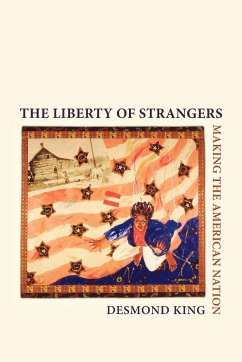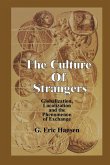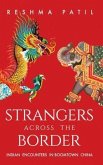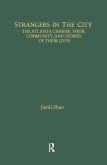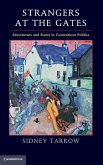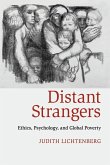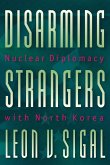Spanning the entire twentieth century and encompassing immigration policies, the nationalistic fallout from both world wars, the civil rights movement, and nation-building efforts in the postcolonial era, The Liberty of Strangers advances a major new interpretation of American nationalism and the future prospects for diverse democracies. Tracing how Americans have confronted and relinquished, but mostly clung to group identities over the past century,
Desmond King here debunks one of the guiding assumptions of American nationhood, namely that group distinction and identification would gradually dissolve over time, creating a "postethnic" nation. The divisions in American society have consistently proven themselves too strong to dissolve and, for better or for
worse, the often-disparaged politics of multiculturalism are here to stay, with profound implications for America's democracy.
Hinweis: Dieser Artikel kann nur an eine deutsche Lieferadresse ausgeliefert werden.
Desmond King here debunks one of the guiding assumptions of American nationhood, namely that group distinction and identification would gradually dissolve over time, creating a "postethnic" nation. The divisions in American society have consistently proven themselves too strong to dissolve and, for better or for
worse, the often-disparaged politics of multiculturalism are here to stay, with profound implications for America's democracy.
Hinweis: Dieser Artikel kann nur an eine deutsche Lieferadresse ausgeliefert werden.
The Liberty of Strangers is an incisive and significant contribution to the study of American identity. As important, it offers insights and perspectives on the problems and possibilities faced by all multiethnic democracies. It deserves an international readership. Times Higher Education Supplement

